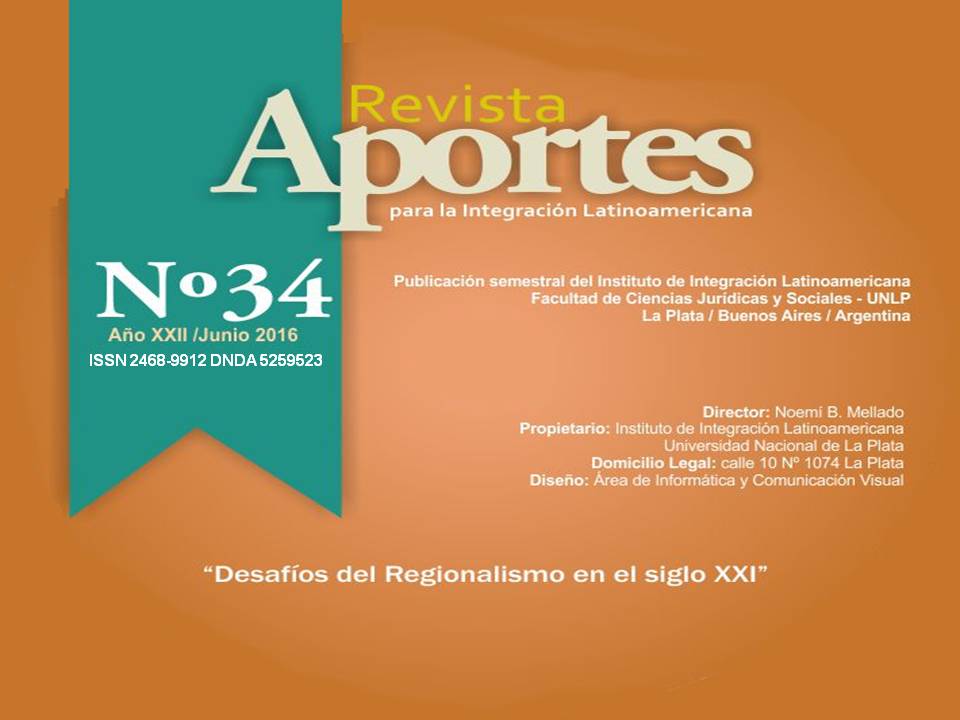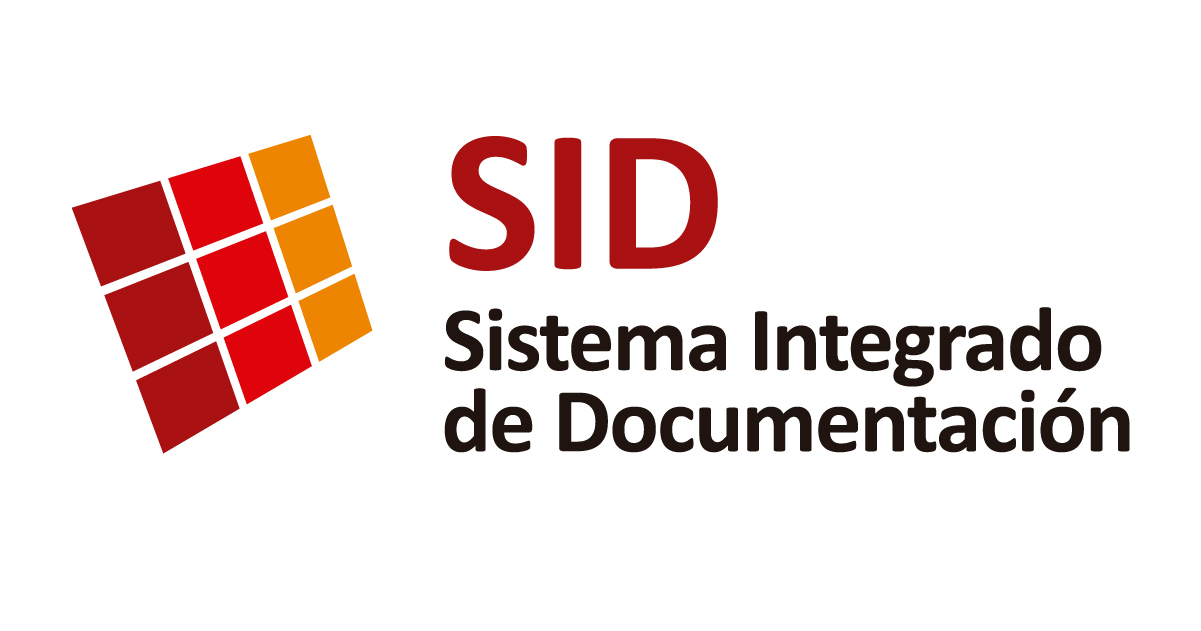Efectiviness of the Labor Clause in USA and Canadian free trade agrements: application to the chilean case
Keywords:
Free trade agrements, USA, Canada, Labor Clause, EffectivenessAbstract
This article analyzes the effectiveness of the labor clause in U.S. and Canadian FTAs as a weapon for the protection of labor rights. With the background provided by the Marley Weiss and Rodríguez Garavito studies on the NAFTA labor clause, we determine the criteria to be fulfilled, addressing both the scope of the commitments and the effective enforcement of these. The analysis of the scope of the commitments involves four aspects: covered labor law areas; the sources of law; the strength of the commitment; and procedural obligations. Effective enforcement is approached by means of four questions regarding the dispute settlement mechanism: Who has the power to submit complaints? who investigates and makes decisions on issues? what is the procedure for solving controversies?; and what kind of sanctions are stipulated? These criteria are used to approach the U.S. and Canadian models and carry out a structured review of the labor clause in FTAs signed by the U.S. and Canada with Chile. The results obtained show that the labor clauses in U.S. and Canadian FTAs, which place emphasis on soft law, are not an effective weapon for the protection of labor rights; their limitations are related both to the scope of the commitments and their effective enforcement. The labor clauses in FTAs do not meet minimum criteria for effective enforcement.
Downloads
Metrics
Downloads
Published
How to Cite
Issue
Section
License
Obras bajo licencia CC-BY-NC-ND
Esta licencia no permite la generación de obras derivadas ni hacer un uso comercial de la obra original, es decir, sólo son posibles los usos y finalidades que no tengan carácter comercial.


































